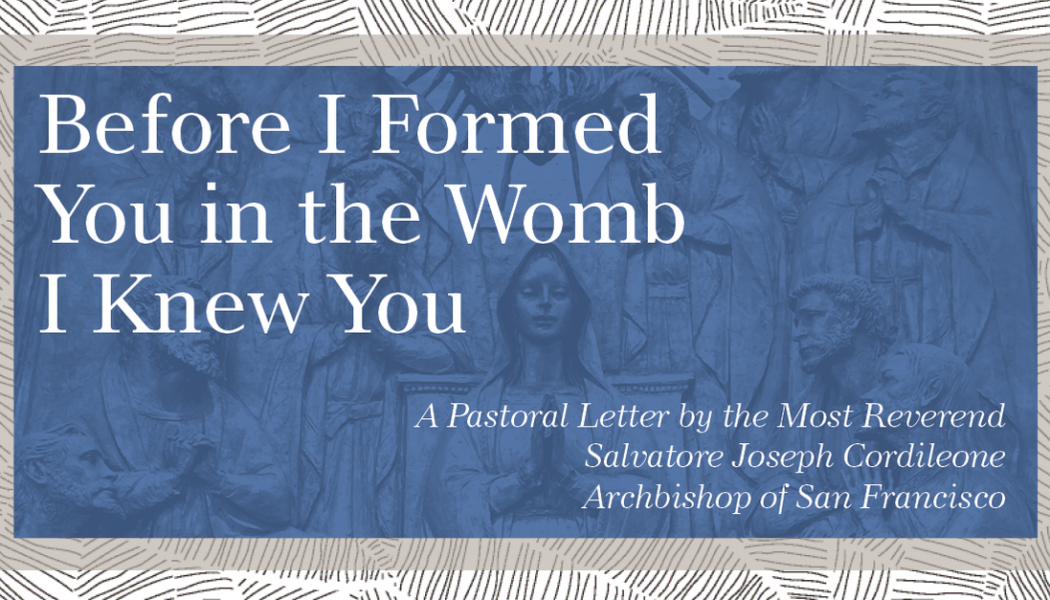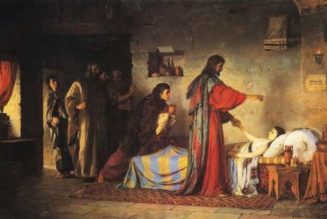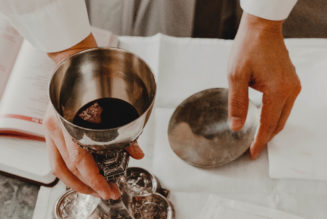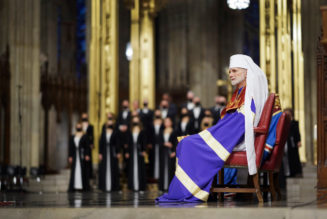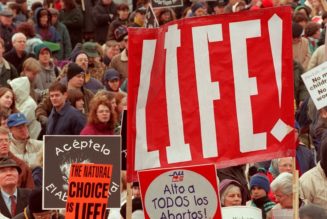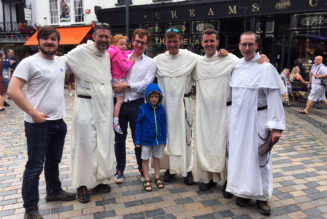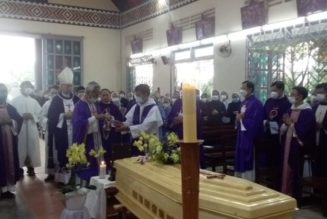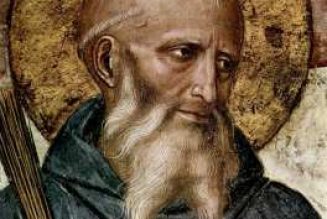
Law and Science
“We hold these truths to be self-evident, that all men . . . are endowed by their Creator with certain unalienable Rights, that among these are life, liberty, and the pursuit of happiness.” With these stirring words, the Declaration of Independence affirms that fundamental human rights do not find their source in any individual, court, or government: fundamental human rights are not bestowed, they are inherent and must be acknowledged as such. These truths are self-evident because they emerge from the very nature of what it is to be human, and they are accessible to reason alone. The assertion of these unalienable rights in our Declaration of Independence is not a matter of religious doctrine, but rather it flows from the same natural law basis as the answers to other moral questions upon which our laws are based: forbidding stealing, lying, cheating, racial discrimination, homicide, and so forth. Furthermore, these inherent rights, knowable by human reason, are presented in the Declaration with a definite order of priority. Thus, one’s right to the pursuit of happiness is limited when it deprives another of the right to liberty or life; one’s right to liberty is limited when it deprives another of the right to life. The right to life itself is the foundation of all other rights. Without protection of the right to life, no other talk of rights makes sense.
Who possesses the right to life? The natural law teaches, and the Declaration proclaims, that every human being possesses the dignity that forms the foundation of these unalienable rights. Proponents of abortion raise a chorus of theoretical questions about “what constitutes human life? When does it begin?” The answer from science is clear: a new, genetically-distinct human life begins at conception, defined as fertilization: “Development of the embryo begins at Stage 1 when a sperm fertilizes an oocyte and together they form a zygote.”1 Because an embryo is a unique and developing human organism, it follows that she or he possesses an inherent right to life from the moment of conception. Thus, the violent invasion of the act of abortion ends a human life. Likewise, those contraceptives which prevent the implantation of the embryo are in fact abortifacients that kill an innocent, growing human being.
The horror of abortion is manifest in the biological reality of what really happens in the “termination of pregnancy,” how violent it is. Witness the Congressional testimony of Dr. Anthony Levatino, who performed abortions before renouncing the practice. In his remarks before Congress, Dr. Levatino describes in gruesome detail the procedure of killing a 24-week-old unborn baby. The abortionist, he explains, after draining the uterus of the amniotic fluid that was protecting the child, inserts a claw-like instrument into the womb. The claw-like instrument begins tearing the child apart, gradually dismembering the baby, removing the body parts one limb at a time. Dr. Levatino describes the toughest part of the procedure, extracting the baby’s head:
The head of a baby that age is about the size of a large plum and is now free floating inside the uterine cavity. You can be pretty sure you have hold of it if the Sopher clamp is spread about as far as your fingers will allow. You will know you have it right when you crush down on the clamp and see white gelatinous material coming through the cervix. That was the baby’s brains. You can then extract the skull pieces. Many times a little face will come out and stare back at you.2
How can anyone in good conscience dare to describe such a procedure as “safe”?
We are all called to oppose abortion because we acknowledge the human being’s right to life, the unique human identity of each living, developing embryo from the moment of conception, and the horrendous violence of the procedure itself. In addition to these human motivations, we as Catholics are prompted by religious motivations as well. This does not mean that we seek to impose our religious beliefs on others, but it does mean that our religious understanding of the human person as created in the image and likeness of God deepens our resolve to join hands with others, regardless of religious convictions or lack of them, to serve, teach, heal, and protect the human community, especially those most in need. We share with others the conviction that human dignity is innate; but we also believe it is of inestimable value. Our Savior has taught us that the two great commandments are to love God with all our heart, all our mind, and all our strength, and to love our neighbors as ourselves (Mt 22:36–40; Mk 12:28–31; Lk 10:27). And, because we believe that Jesus Christ is truly both our brother, human like us in all things but sin, and truly God incarnate, He unites in Himself the two commandments: in Christ we love God by loving and serving our neighbor. Christ made this truth explicit in His parable of the Last Judgment. When the king is asked, “ ‘Lord, when did we see you hungry and feed you, or thirsty and give you drink? When did we see you a stranger and welcome you, or naked and clothe you? When did we see you ill or in prison, and visit you?’ ” the king answers: “ ‘Amen, I say to you, whatever you did for one of these least brothers of mine, you did for me’ ” (Mt 25:37–40).
Far from being “pre-occupied” with abortion, the Catholic Church provides a wide variety of medical, social, and educational services both here in the United States and throughout the world. Catholics champion various expressions of this discipleship: opposing racism, fighting for the rights of the oppressed, assisting the sick and the elderly, working for greater economic equality, and so on. Some say that we should devote our energies solely to “non-controversial” needs and keep quiet about abortion; we should concede that, unlike all these other issues, this is a “private matter.” But it is not. Indeed, the very existence of that growing child is the fruit of communion between two persons, and the mother and father are themselves part of a constellation of human relationships. All of these people are harmed to a greater or lesser degree by the act of ending the unborn child’s life.
It is for good reason, then, that the bishops of the United States speak of this as the “pre-eminent” political issue of our time and place “because it directly attacks life itself, because it takes place within the sanctuary of the family, and because of the number of lives destroyed.”3
Aware of the profound effects of abortion, the Church also engages in helping women and their families. Further, the erosion of reverence for inherent human dignity poisons the wider culture, contributing to disregard for the rights of “the other,” whoever he or she may be. Our increasingly polarized and uncivil society manifests a lack of respect for “the other” across a broad spectrum of issues, and the Catholic Church is committed to rebuilding human solidarity. In the case of the killing of the unborn, the Church strives to be a voice for the voiceless, speaking on behalf of those who quite literally cannot speak for themselves.
Join Our Telegram Group : Salvation & Prosperity
